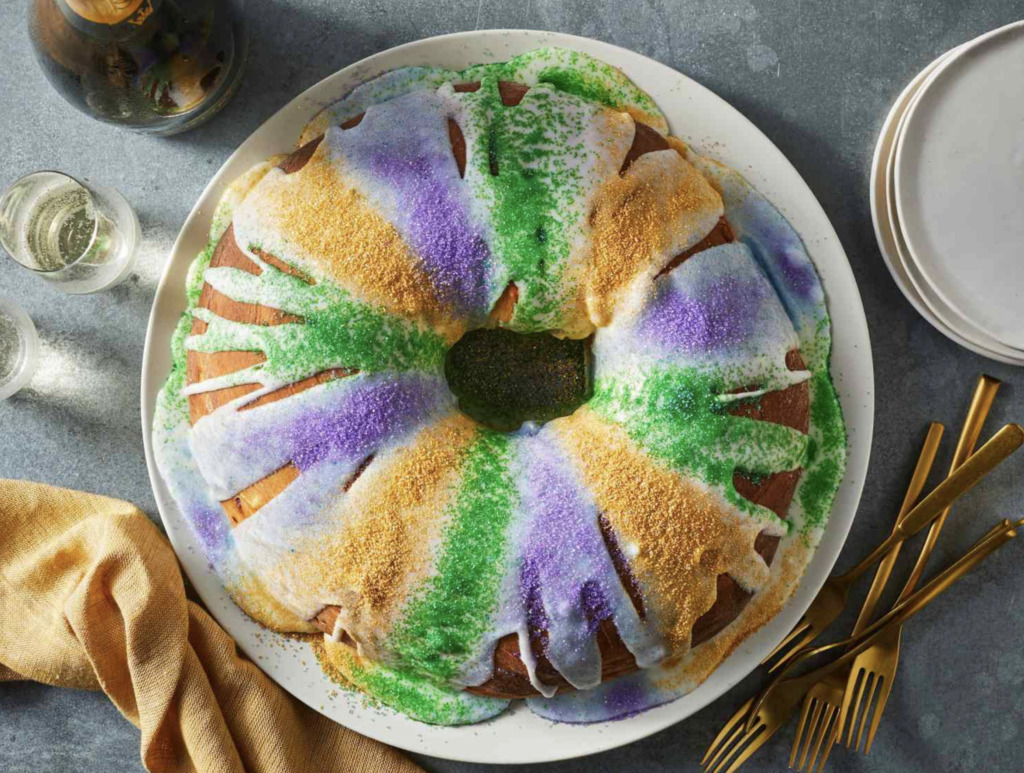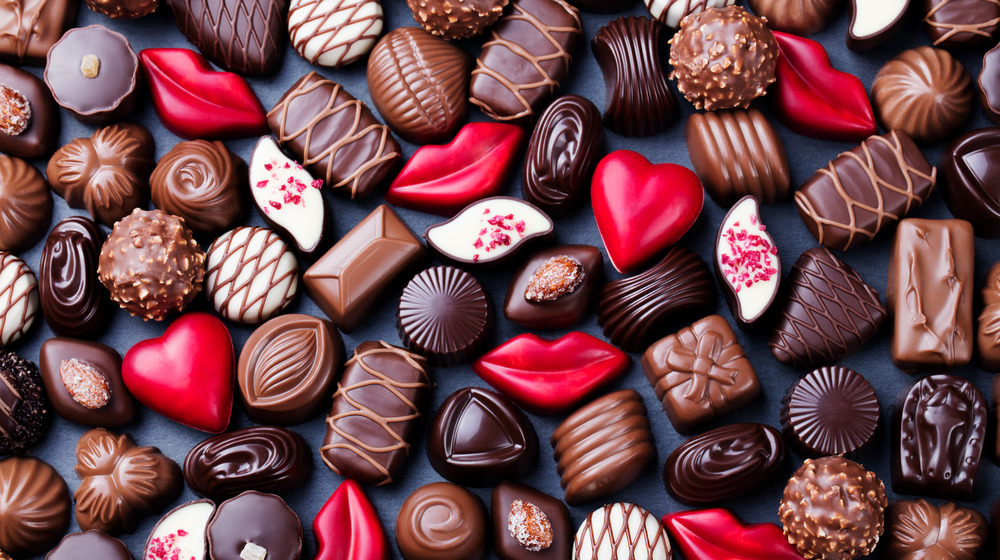Beauty / Skin Glycation

The beauty and resiliency of beautiful Black skin is epic! That’s the good news.
The bad news is that, every time we say “Gimme some sugar,” consuming
sucrose, glucose and fructose in many forms may lessen the age-resistance of your
complexion.
This being February, many of us are riding the peak of a four-month holiday
sugar-rush that began with leftover Halloween candy (waste-not-want-not, right?),
pushed ahead into pecan pie mounded with Cool Whip for Thanksgiving, rounded the
bend with Kwanzaa cupcakes and Christmas cookies in December, a splash of Kahlua
over ice cream for New Year’s Eve, coming in for a landing with heart-shaped boxes of
bonbons for Valentine’s Day. Oh, and let’s not forget Mardis Gras on February 21. The
gold, purple, and bright-green glazed King Cake is clearly a must. But many laissez-les-
bon-ton-roulet earlier in the month, frying up beignets, donuts and pancakes to use up
the fat that’s traditionally forbidden during Lent.


A quick aside: remaining timeless is more than skin-deep. Beyond the beloved
melanin, new findings reveal that bone density is also a big part of the reason that Black
faces look younger, longer. A 2019 study published by Journal of the American Medical
Association what (JAMA) revealed that the axial bone tissue of Black people is more
dense than samples taken from other ethnicities. This first longitudinal (long-term) study of facial skeletal change in a population of Black individuals concluded that this density allows the bones to degrade less slowly, providing powerful support for your skin and tissues longer and later into life. Medical authorities universally agree that weight-bearing exercise, whether walking or pumping iron, along with making sure you’re getting enough calcium and Vitamin D, will help to keep your genetically blessed bones strong with every passing decade.

But back to you and that sugar-bowl. Of course we already know that high sugar
intake can lead to tooth decay, a wider waistline, and even diabetes if you’re pre-
disposed. But you may not also know that eating sugar can lead to a process called
glycation, which makes everyone’s skin age faster. First, visualize the structure of your
skin. The skin and fatty tissues are light, fluid, and fluffy. These outer layers are
supported by a mesh of bouncy, stretchy fibers called collagen and elastin, which
function like a springy new pair of Spanx for your face and the rest of you.
Collagen and elastin are proteins, and when excess sugar molecules attach
themselves to these proteins, they form what are called advanced glycation end
products (AGEs). The results are among the classic signs of aging: inflammation,
dryness, fine lines and wrinkles, and general loss of volume and fullness (meaning that
your face is lifted high on your cheekbones, and that your jawline is firm).
Do I have to give up sugar completely?
Do I have to give up sugar completely?
Absolutely not. In fact, your body needs sugar to survive. Our cells require
carbohydrates (also called starches) for energy, and your body breaks down
carbohydrates into sugar. Just remember that nobody’s ancestors ate what nutritionists
call the modern white poisons, so keep in mind that your body can get all the carb-
power it needs from whole grains, corn, root vegetables, fruit and dairy foods. Foods that are high on the glycemic index are the worst offenders when it comes to triggering
the glycation response. White sugar and white flour top the list.
White potatoes and white rice are right up there, too. These potatoes and rice
varieties have been modified to grow faster and last longer without spoiling on the
grocer’s shelf. The first domesticated potato crops were grown by the Inca people in the
mountains of what is now Peru and Bolivia between 8,000 and 5,000 BCE. That
ancestor-potato was small, chewy-hard, purple, high in protein and low in sugar (tip:
today, you can find this heirloom variety in gourmet food stores). Rice, too, has
undergone similar genetic transformations in the past century, resulting in today’s huge,
soft, fluffy grain that’s packed with starch and sugar. Generally, processed foods are
high on the glycemic index and blast lots of sugar into your body and skin. And even if
you don’t have much of a sweet tooth, there’s sugar hidden in all kinds of food like
jarred pasta sauce, ketchup, yogurt, and breads.
In addition to watching my glycemic index, what else can I do to control the impact of sugar?
BURN: Steady, moderate exercise like walking and swimming help to slow down
the glycation process.
CHILL: Stress elevates the amount of a hormone called cortisol in the blood, so
daily prayer, meditation, yoga and Qi Gong, stretching, guided relaxation, and
breathing exercises (also naps!) may put the brakes on the formation of AGEs.
Z-Z-Z-Z-Z: Not getting enough sleep also spikes cortisol and causes other
neurological responses that can cause glycation.
Trouble dozing off? Sleep-experts recommend turning down the lights inside your
home a few hours before bed, and keeping your eyes off any screens (including
your phone) for a few hours before your head hits the pillow.
Keep your room cool, but your feet warm (hint: cashmere socks) to invite natural,
easy sleep.
Remove the TV from your bedroom to make your sleep-space a sanctuary for
sugar-free, but sweet dreams (and sweet-and-spicy lovin’!).
More sleep tips: try to go to bed and get up at the same time every night and day.
Doing this literally trains your body and mind to welcome the sleep you need, to
keep sugar-related skin aging under control.
None of this means that you need to lead a life of bleak self-deprivation to protect
your skin. The most important step to take is informing yourself about hidden sugars.
Of course you know that you’re consuming refined sugar when you dig into that
warm slab of peach cobbler. But you may not be aware of the added sugars (most
likely HFC, High Fructose Corn Syrup) content in the creamy salad dressing you’re pouring over that healthy plate of greens and veggies. Or even in a can of soup! Get
in the habit of reading every label before you buy the product, because knowledge is
power. And make the most of your skin, overall health, and life at its sweetest.
Be the first to comment